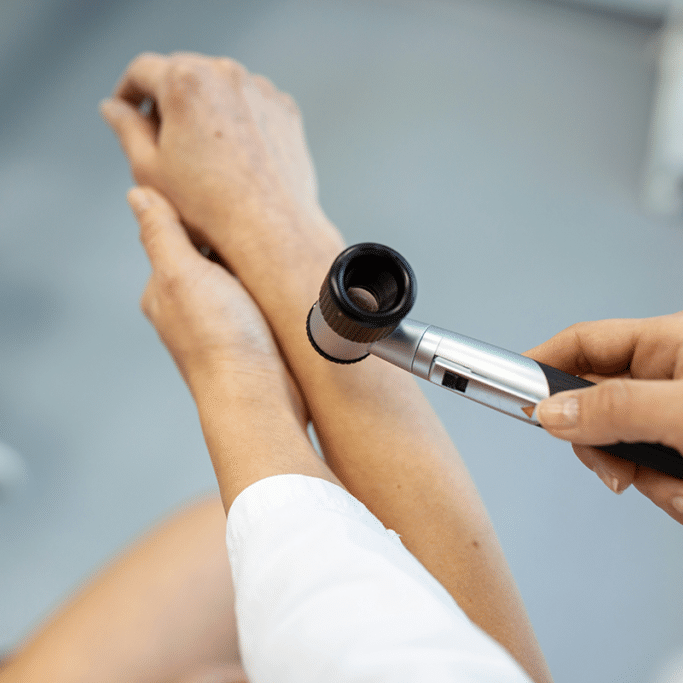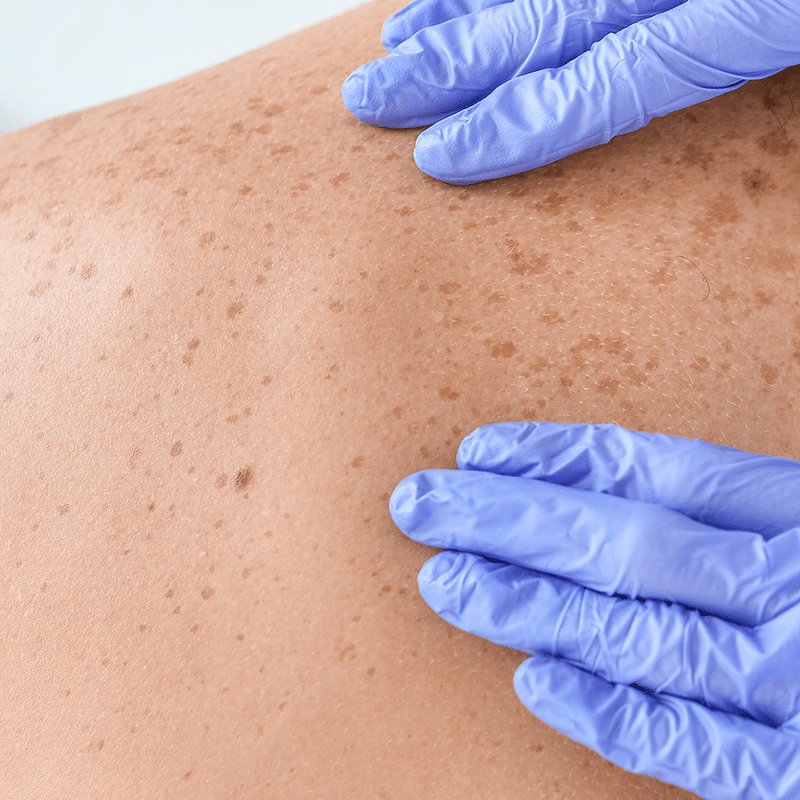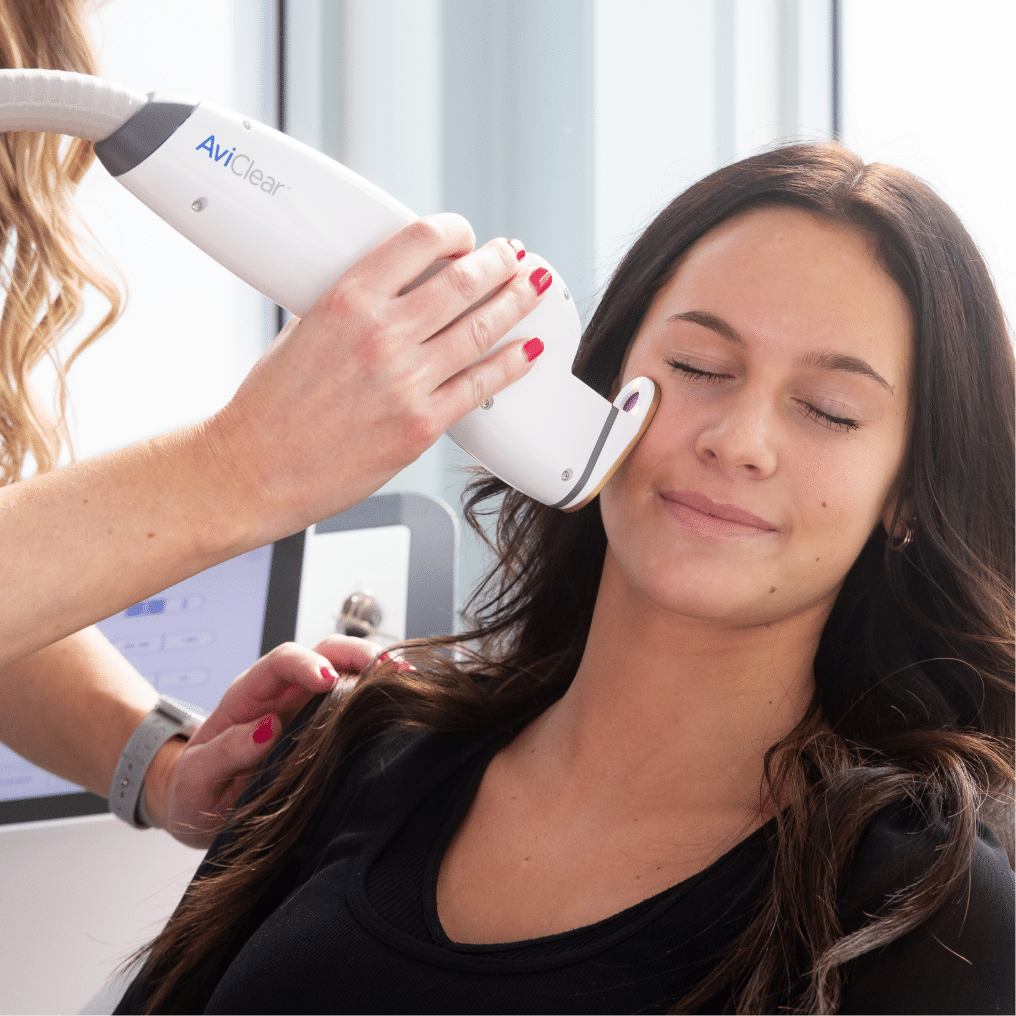
Take Control of Your Skin Health: Early Detection Starts with You
The ABCDEs of Melanoma Detection
Asymmetry
Is the mole or growth uneven? Do the four quadrants match?
Border
Are the edges irregular, ragged, or blurred? Do they blend into the surrounding skin?
Color
Is the mole or growth uniform in color, or does it have multiple shades of brown, black, tan, white, red, gray, or blue?
Diameter
Is the mole or growth larger than 1/4 inch (the size of a pencil eraser)?
Evolving
Has the mole or growth changed in size, shape, texture, or color over time?
Beyond Melanoma: Recognizing Other Skin Cancer Signs
New spots or moles
Changes in texture or sensation
Non-healing sores
Swelling, redness, or color spread
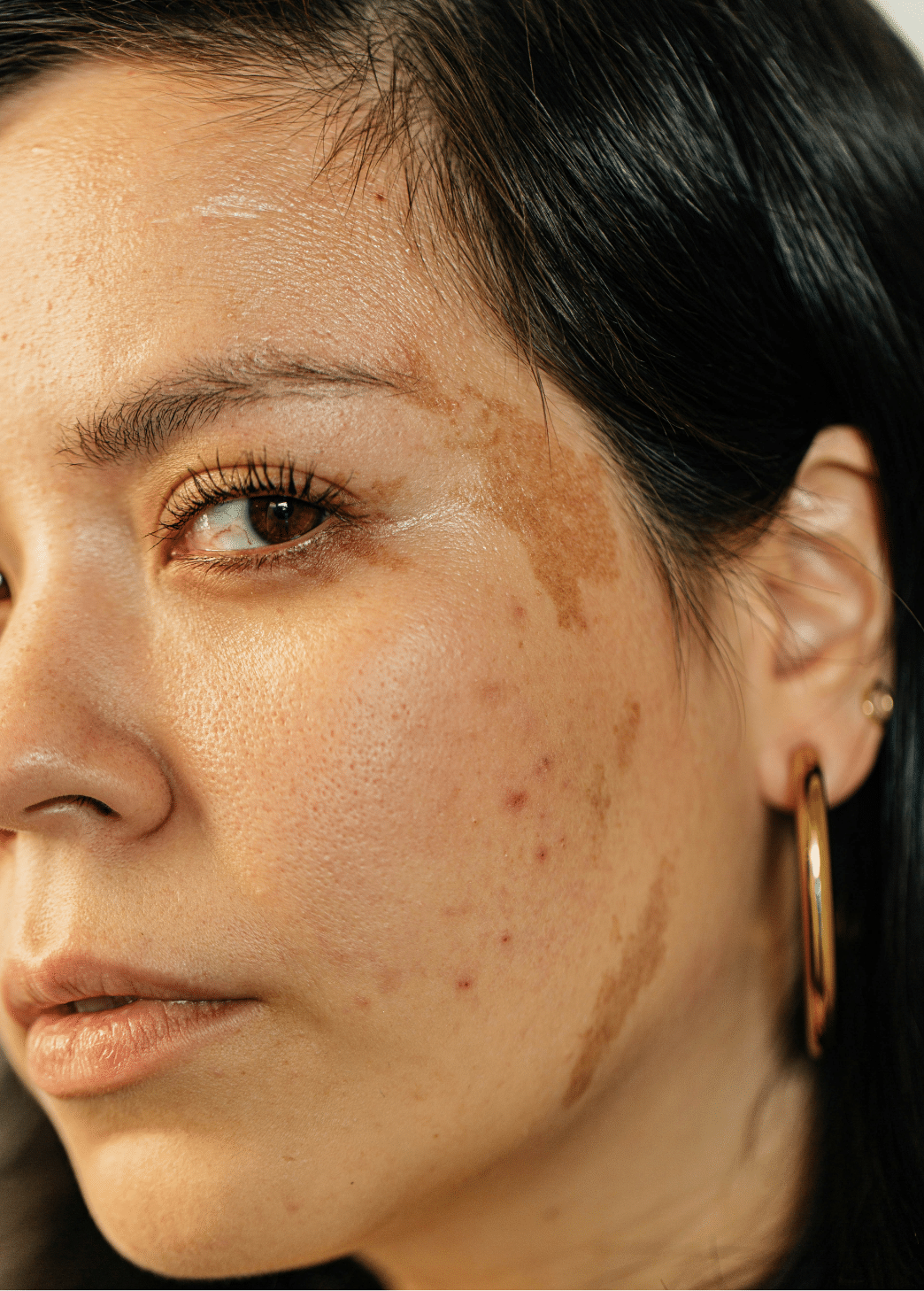
Early Detection Saves Lives
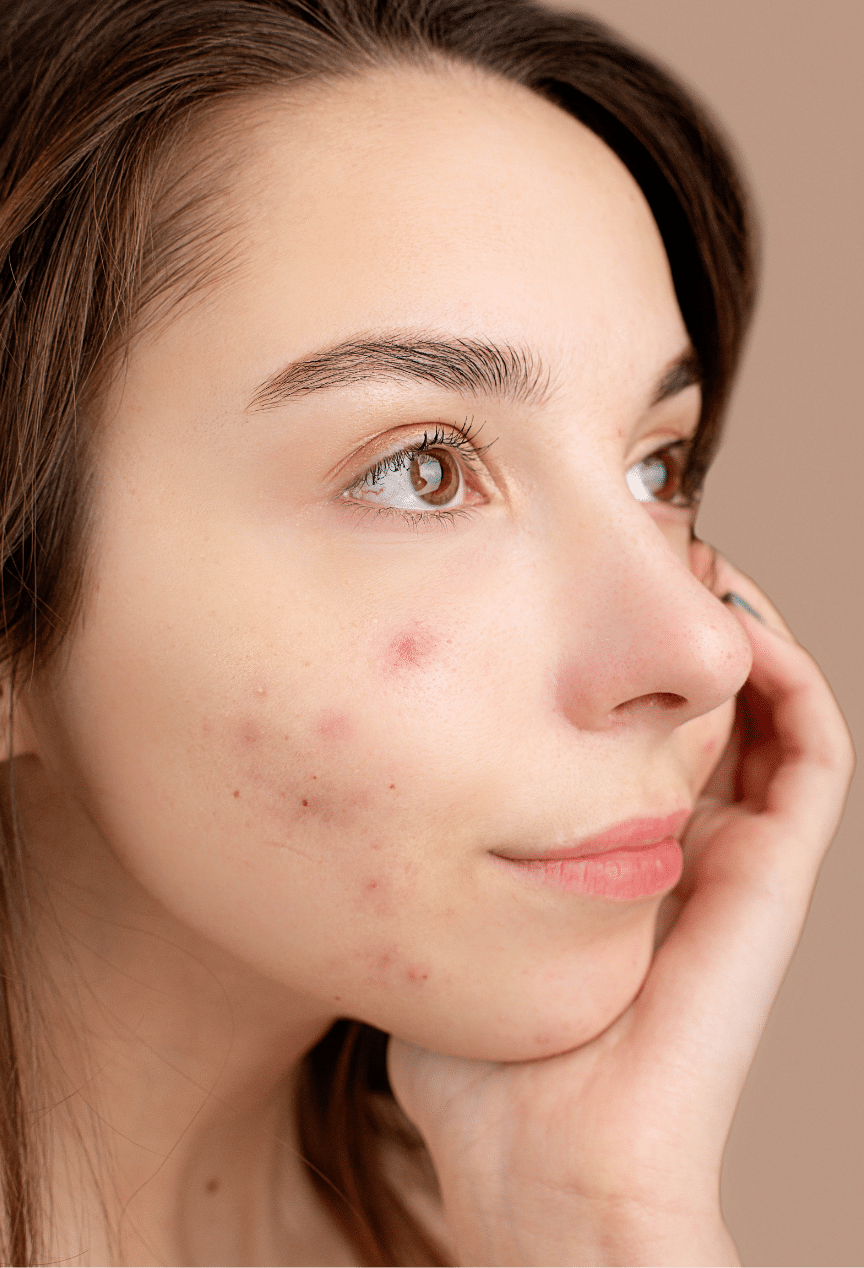
More Than Just Skin Deep
Skin cancer can affect anyone, regardless of skin color. However, certain factors can increase your risk:
- Fair skin that burns and freckles easily
- Light-colored hair and eyes
- A large number of moles or history of abnormal moles
- Extensive exposure to sunlight or tanning beds
- History of blistering sunburns
- Family history of skin cancer
- Exposure to radiation or chemicals
- Weakened immune system
- Exposure to arsenic
- Previous skin cancer diagnosis
By understanding your risk factors and regularly checking your skin, you can play an active role in safeguarding your health.
Empowering Your Skin Journey
At our dermatology clinic, we believe in partnership. We provide personalized care, educational resources, and cutting-edge treatments to help you achieve and maintain healthy, beautiful skin.

